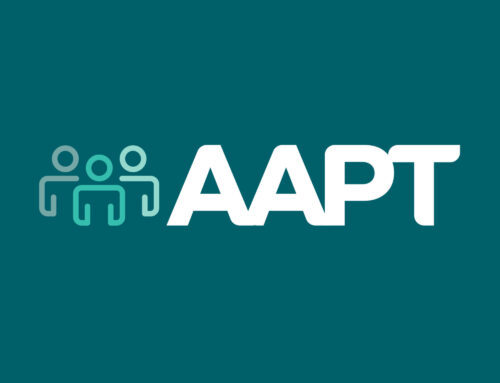
Importance of CLIA Certifications
Share:
When you’re dealing with patient samples and sensitive health information, quality, discretion and scientific standards are all of utmost importance. This is why the Clinical Laboratory Improvement Amendments (CLIA) certification was introduced, and is still crucial to laboratory practices today. Here’s a look at the CLIA certification meaning, why it matters and what it means to you.
CLIA Certification Meaning
Congress passed the Clinical Laboratory Improvement Amendments (CLIA) in 1988 to establish quality standards for all laboratory testing. The goal with this was to ensure the accuracy, reliability and timeliness of patient test results, regardless of where a test was performed. The final CLIA regulations were published in 1992 and are based on the complexity of the test method (the more complex the test, the more stringent the standards).
The Centers for Medicare & Medicaid Services (CMS) is responsible for implementing CLIA, including laboratory registration, fee collection, surveys, surveyor guidelines, enforcement and more. In order to be certified, laboratories must complete an application, pay fees, be surveyed and then be approved.
Types of CLIA Certificates
There are multiple different types of CLIA certificates, and Molecular Testing Labs (MTL) has received the Accreditation certificate. As such, this means that we have been accredited and approved by CMS.
Partnering With A Lab
If you partner with a laboratory, or are planning to, make sure they’re CLIA certified. You can look on the CMS website for a CLIA certified laboratory list and check a lab’s own website to find out if they have gone through this important process.
Only if you use a CLIA certified lab, like MTL, can you be guaranteed that its practices are up to the standards they should be. After all, when it comes to something as serious and important as health testing, standards are everything.
If you’d like to partner with us and benefit from our CLIA certified practices, please give us a call.




